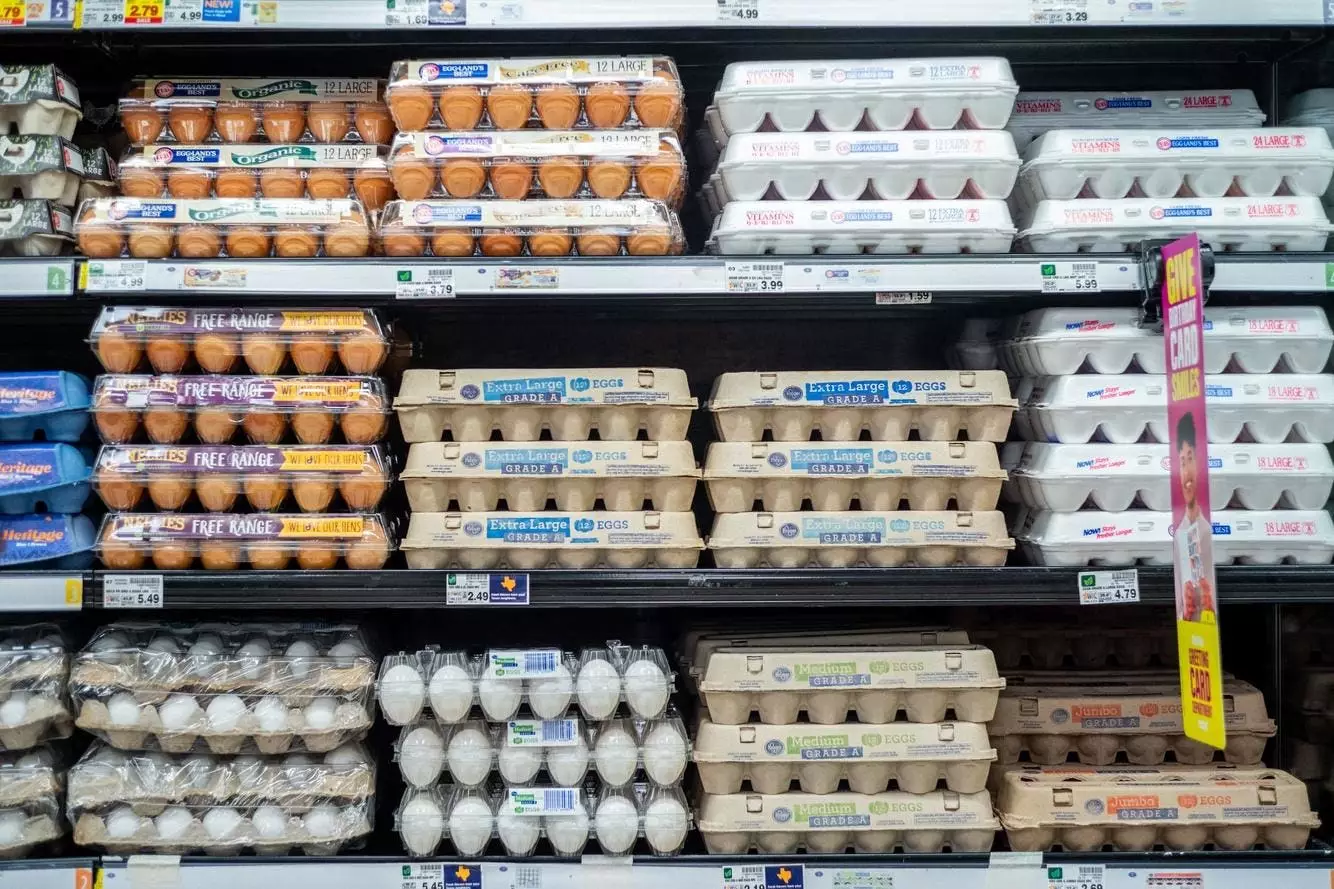As the dust settles from holiday festivities, a common concern arises for many families: the safety of their holiday leftovers. The immediate joy of unwrapped gifts and shared meals can give way to uncertainty, particularly given recent food recalls that have captured attention. With products ranging from potato chips to seafood implicated, it’s essential to be vigilant about what’s lurking in our refrigerators post-holiday season.
Each holiday season, the surge in food consumption often coincides with a spike in food recalls, raising questions about the safety of even the most familiar products. This year was no exception. High-profile recalls preceding Christmas revealed potential dangers in beloved holiday items, making it crucial for consumers to be informed. With families bustling about, ready to revel in the remnants of their festive meals, awareness of food safety is more critical than ever.
Consider the implications of these recalls. The recent withdrawal of Costco’s Handsome Brook Farms Organic Eggs due to possible salmonella contamination highlights deeper concerns. Eggs often play a starring role in holiday baking and meals, meaning that a simple breakfast could harbor serious risks. Salmonella poses a significant health hazard, particularly for vulnerable groups, emphasizing the need for consumers to be proactive regarding food safety.
While eggs are a staple, many households incorporate an array of snacks and treats into their holiday celebrations. The case of Lay’s Classic Potato Chips, recalled due to undeclared milk allergens, showcases how even familiar foods can pose unexpected dangers. Individuals with dairy allergies are particularly at risk without clear labeling, illustrating the importance of thorough product checks, especially during busy holiday seasons when vigilance may wane.
Seafood lovers, too, should tread cautiously. The recall of oysters and Manila clams from Washington due to a norovirus outbreak starkly illustrates the risks associated with consuming raw or undercooked shellfish. The implications for holiday feasts are significant; the absence of careful food handling practices can lead to serious health issues, underlining the need for education on safe seafood consumption.
In the fast-paced environment of holiday entertaining, convenience foods often take center stage. However, even these quick meal solutions can carry risks. The recall of Connie’s Thin Crust Cheese Pizza due to plastic contamination serves as a reminder that not all shortcuts are safe. Families relying on frozen meals to ease the burden of holiday cooking should be especially diligent in reviewing product recalls.
Moreover, even commonly served side dishes aren’t exempt from scrutiny. Lidl’s Taste of Deutschland frozen buttered vegetables were flagged for undeclared milk allergens, stressing the necessity for families to remain vigilant about ingredient lists. In an era where dietary restrictions and food allergies are more common, ensuring that these preferences are accommodated is of utmost importance.
The potential minefield of food recalls and safety concerns can feel daunting, but several proactive measures can alleviate these worries. Staying informed becomes paramount. Regularly checking reliable sources such as the USDA or FDA websites can provide essential recall alerts. Subscribing to recall notifications can also keep families up to date, significantly reducing risks.
Beyond keeping tabs on recalls, meticulous inspection of food packaging is key. Identifying batch numbers and expiration dates corresponding with recall notices forms a crucial line of defense. If there’s uncertainty about a product’s safety, erring on the side of caution and disposing of the item is a prudent choice.
Storage and reheating practices are equally essential. Leftovers should be refrigerated within two hours of serving and consumed within a few days, while heating to at least 165°F can help eliminate harmful bacteria. Educating guests about food recalls can ensure that everyone enjoys holiday meals safely. Additionally, familiarity with symptoms of foodborne illnesses can empower individuals to seek help promptly if issues arise after consuming recalled products.
By remaining vigilant and informed during the post-holiday season, families can navigate the complex landscape of food safety with confidence, ensuring that the joy of the holidays remains unmarred by health concerns.


Napsat komentář